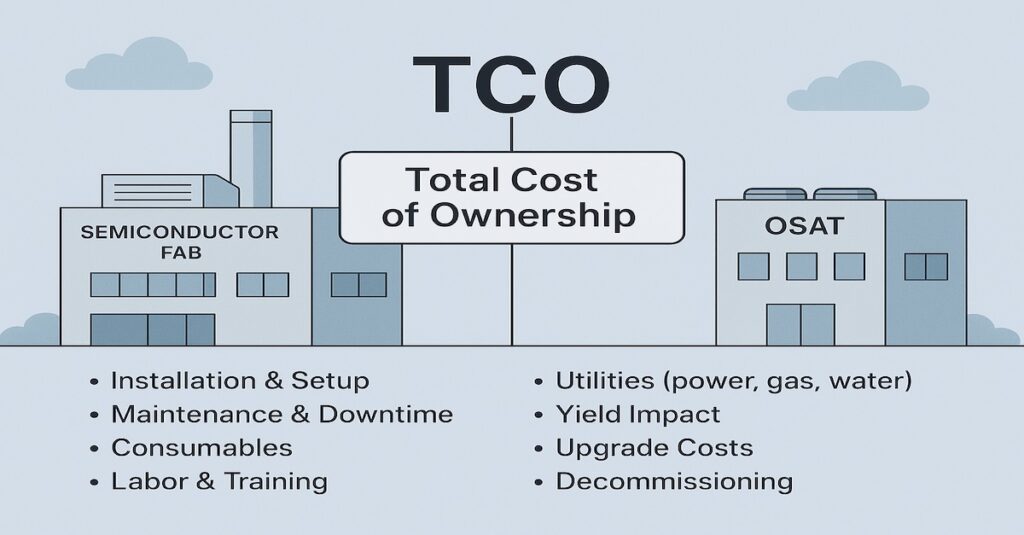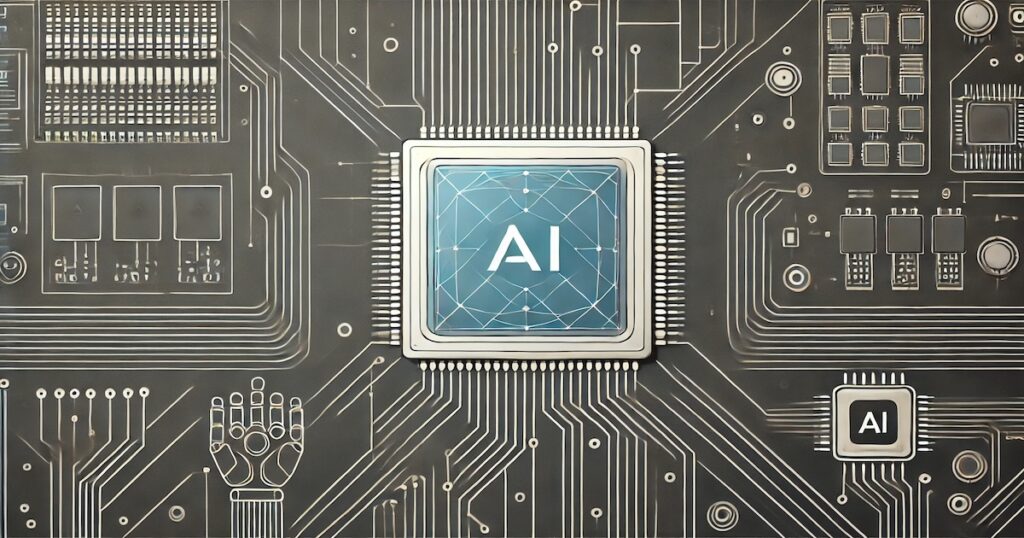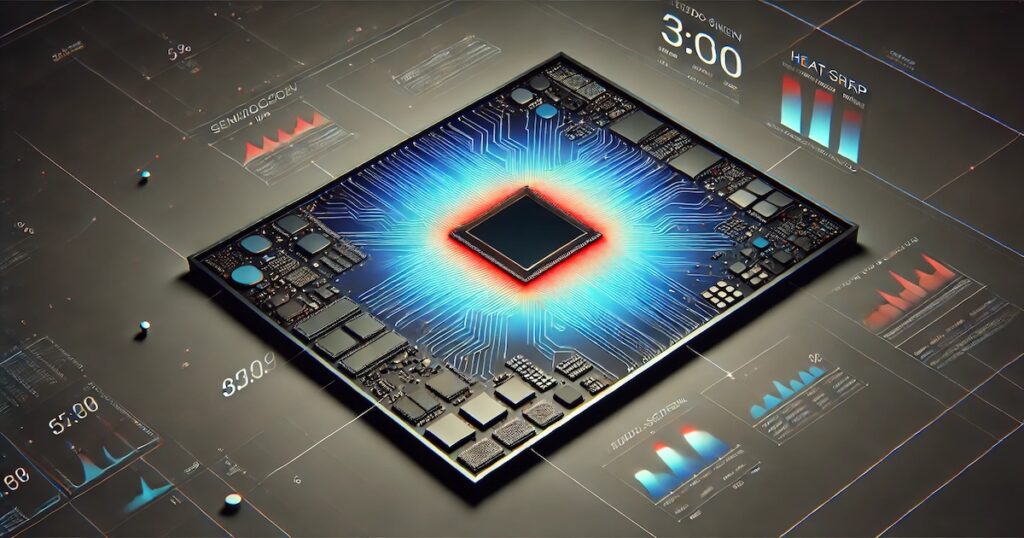Photo by Bernard Hermant on Unsplash
Crowd sourcing is not a new concept and the term was coined around 2005. In nutshell, it allows individuals to participate and complete tasks that are part of a bigger project. Contributing crowd may do it voluntarily or get paid for it. The concept of crowd sourcing is great, as long as it’s used for good cause. For example:
- Crowd comes together to participate in editing a Wikipedia article to ensure accuracy
- Using Amazon Mechanical Turk to get paid for doing crowd sourced work
- Funding a project on Kickstarter
- Good cause petitions using Change.org
- And, many other examples
However, if crowd sourcing leads to surveillance that too a private one then one should start questioning whether the intentions are good or bad. I came across one such example after landing on Cyberwire podcast and it opened many other details that were new to me.
The podcast talks about how companies like Digital Recognition Network (DRN) (and many others) are using crowd sourcing to capture every license plate out on the roads. DRN has created a surveillance database of 9 billion license plate scans. More than the population of the world. This all is possible due to ubiquitous cameras, participation due to crowd sourcing and Automatic License Plate Recognition (LPR) libraries like OpenALPR, an automatic number-plate recognition library.
Technological advancement is good as long as they are used for good intentions like: Finding stolen cars, car recalls, locating cars for finance recovery, amber alerts, unregistered cars on road etc.
However, things start to go out of hand when same database starts acting like a surveillance tool and that too for private usage. Yes, cars are everywhere out in open, but that doesn’t mean anyone (except authorized authorities like Police etc. with a cause) should be able to simply enter license plate number to find where all this particular car has been during its life. The worse that can happen is such data base is exposed or hacked and then linked to vehicle registration databases, eventually creating an Open Graph about all car owners.
Another example of crowd sourcing private surveillance is digital doorbells, where all the owners intentionally or unintentionally are contributing to the data base that allows private policing.
The major reason to write about this was to look at the other side of it and raise concern about Crowed Sourced Private Mass Surveillance.
Those who would give up essential Liberty, to purchase a little temporary Safety, deserve neither Liberty nor Safety.
Benjamin Franklin






